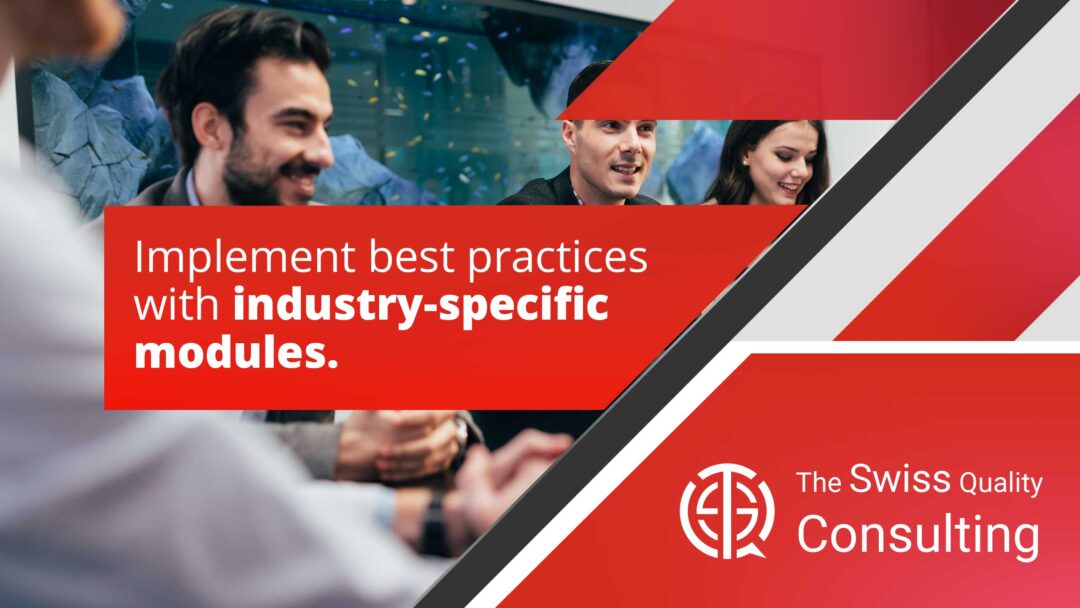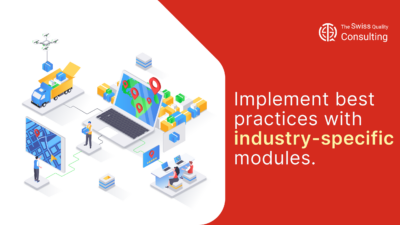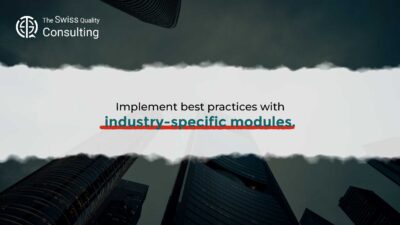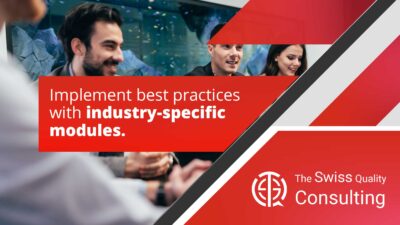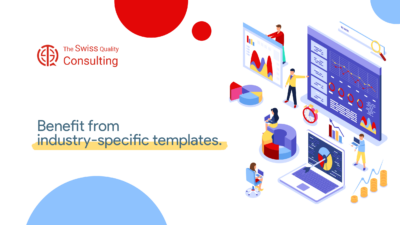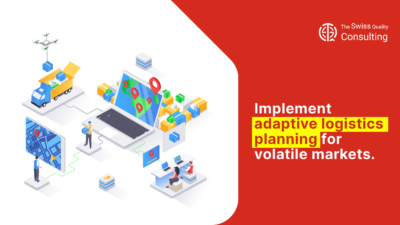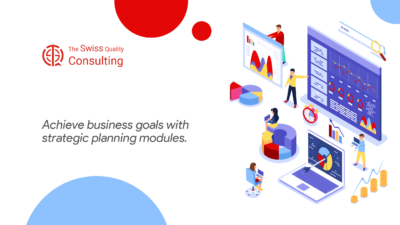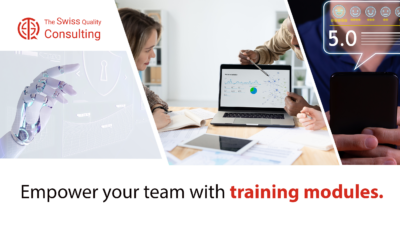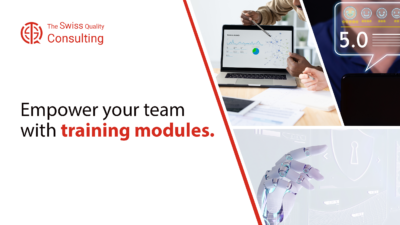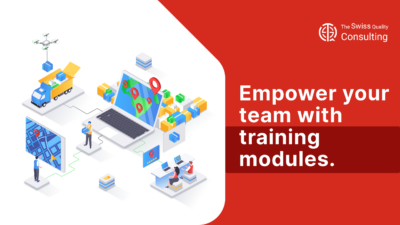Navigating Business Excellence with Customized Solutions
The integration of industry-specific modules is pivotal for businesses aiming to implement best practices and achieve operational excellence. For business executives, mid-level managers, and entrepreneurs, customizing strategies to the unique needs of their industry not only drives efficiency but also fosters innovation.
The Advantages of Tailored Business Modules
In today’s diverse and dynamic business environment, the limitations of a one-size-fits-all strategy are increasingly apparent. Industry-specific modules emerge as a strategic antidote, providing a customized approach that aligns closely with the distinct challenges and demands of different market sectors. These specialized modules embody best practices fine-tuned for particular industries, enabling businesses to enhance operational efficiency, cost-effectiveness, and market responsiveness.
The bespoke nature of industry-specific modules means they can be seamlessly integrated into existing business frameworks, minimizing disruption while maximizing impact. They are designed to dovetail with the nuanced workflows of each sector, ensuring that every functional area from supply chain management to customer relations is optimized. When implemented with precision, these modules not only streamline complex processes but also unlock potential for scalability and innovation within the organization.
Moreover, the utilization of tailored business modules can lead to significant cost reductions. By providing tools and functionalities that are directly relevant to the industry, there is less waste of resources on superfluous features that offer little value. This lean approach to business process management not only trims expenses but also energizes teams, as they are equipped with tools that are purpose-built for their specific tasks. The result is a boost in productivity and an improvement in overall business performance, driven by a suite of tools that resonates with the core objectives of the company.
Change Management for Seamless Module Integration
Effective change management is essential when integrating these specialized modules into business operations. Change management strategies must be in place to ensure that the adoption of new practices is smooth and that all stakeholders are aligned with the new direction.
Executive Coaching: Guiding Leaders through Industry Adaptations
In the flux of today’s rapidly changing market environments, the continuous evolution of business leaders is imperative. Executive coaching services stand out as essential instruments for instilling leaders with the advanced competencies necessary to steer through the intricacies of industry-specific modules and best practices. This specialized form of coaching delves deep into the core of leadership development, sharpening strategic thinking and decision-making skills that align with the latest industry standards and market demands. It equips leaders with the ability to assimilate vast arrays of data, extract meaningful insights, and craft strategies that resonate with the pulse of the consumer base.
Such coaching goes beyond the foundational elements of leadership, addressing the unique challenges presented by the adoption of cutting-edge industry modules. It prepares leaders not only to adopt new technologies and methodologies but to become trailblazers in their application. The goal of executive coaching in this context is to transform leaders into visionaries capable of recognizing the potential of industry-specific advancements and translating this potential into tangible business outcomes. By fostering a mindset that is both analytical and innovative, leaders can ensure their organizations remain adaptable and proactive in the face of industry shifts.
Furthermore, executive coaching facilitates a culture of learning and adaptability among leadership teams. It encourages a proactive approach to professional development, urging leaders to stay ahead of industry curves and often, to redefine them. This proactive learning is critical in an era where consumer expectations are ever-evolving and industry benchmarks are continually recalibrated. Coached leaders are well-equipped to champion the integration of new modules within their organizations, driving success through informed and agile leadership.
Conclusion
For businesses to remain competitive, implementing best practices through industry-specific modules is not just an option—it is a necessity. By leveraging these specialized tools, companies can ensure they are at the forefront of their industry, ready to meet the challenges of today and tomorrow.
#BusinessExcellence #IndustryModules #BestPractices #OperationalSuccess

